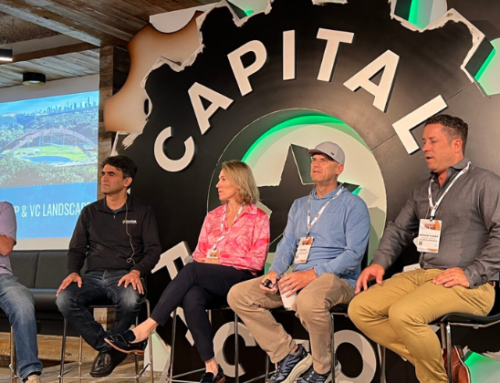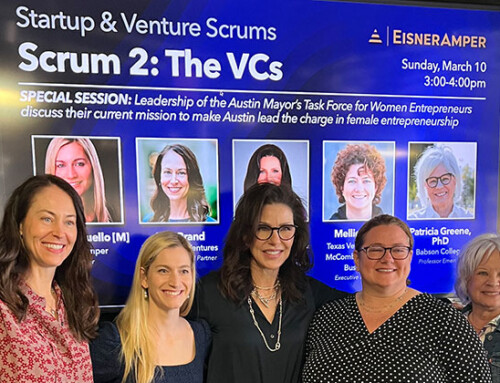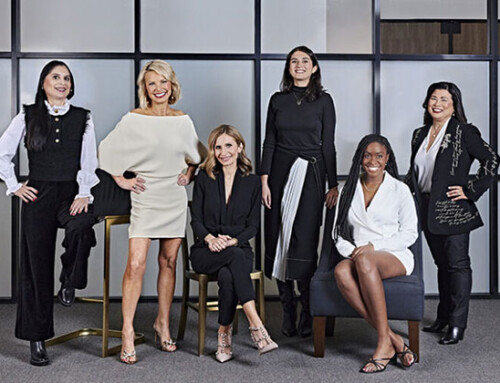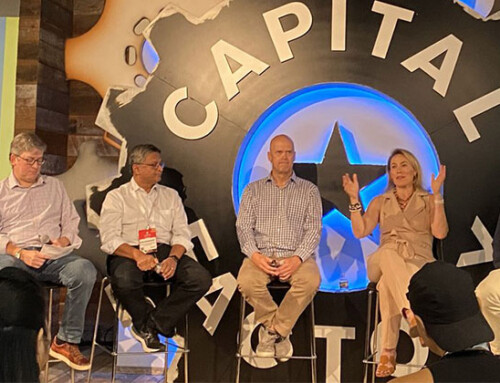Texas venture capital firms are still making deals during the Covid-19 pandemic, using Zoom and other platforms for many of their meetings, panelists with Austin Startup Week said Tuesday.
A ‘Fundraising in Texas’ session featured speakers Charlie Plauche, a partner at S3 Ventures; Kerry Rupp, general partner at True Wealth Ventures; Mike Dodd, general partner at Silverton Partners; Krishna Srinivasan, founding partner at LiveOak Venture Partners; and Thomas Ball, co-founder and managing director at Next Coast Ventures.
“It’s still a pretty robust fundraising market,” said Plauche, who served as moderator of the session. The number of deals may be down, but dollars invested still are steady, he said.
“It doesn’t feel like that the (Covid-19) impact has been so drastic,” he said.
Rupp said her firm focuses on women-led companies in sustainable consumer and consumer health industries. It cuts first checks in the $500,000 range, she said.
Dodd said Silverton is an early stage Series A venture capital firm whose initial check size is between $1 million and $5 million. The firm doesn’t make pre-revenue investments, he said.
Srinivasan said LiveOak provides first institutional money for Texas-based companies and invests $500,000 to $4 million in initial support.
Ball said Next Coast focuses on seed to Series B and will invest “as small as a couple hundred thousand dollars and in later rounds, our sweet spot is from $3 to $10 million for an initial investment.”
Plauche said S3 will invest from “a few hundred K in a seed round to as high as $10 million in Series B.”
Although Covid-19 hasn’t stopped investments, it has caused companies to pivot, and some “companies had to lay people off, and some companies had to raise some more money,” Rupp said. “There was a period where we as investors were a lot more engaged in March and April.”
Ball said “most of our portfolio companies were kind of deliberate and cautious in the beginning. I think they all made very hard decisions, and most have come through stronger because of that.”
Srinivasan said he feared the worst but “companies have done a lot better than what I would have expected.”
The panel also discussed the impact of working remotely.
“Most of our companies are still working remotely. About 20% didn’t renew their lease or got out of their lease,” Dodd said. “I think culturally, you’re still going to need to have a home base. A lot of it just starts with the founder and how comfortable they are building out as a distributed organization.”
Ball said he worries about remote setups when it’s time to exit a business and how buyers will view the company.
Panelists said they still are trying to meet one-on-one with entrepreneurs to do due diligence and get to know founders.
LiveOak has done four or five investments since March, and only one was done completely over Zoom, he said.
Dodd said his firm has “met every entrepreneur in person. We still want to meet them.” It’s a two-way street, Ball said.
“I think the entrepreneurs want to meet in person,” he said. “We just did one in North Carolina where the entrepreneur flew in to meet us.”
Still, Ball said, “I think we’d be willing to not meet in person. For the right deal, I think we would.”
Warm introductions still are the best way to get a firm’s attention, Dodd said.
But panelists said they’ve done deals with cold emails.
What matters, Rupp said, is demonstrating “a really deep understanding of your business and your customer’s business and having really thoughtful deep answers. You can move so much faster if you’re getting deep answers from your entrepreneur.”
Being an entrepreneur “is ultimately about getting around brick walls,” Dodd said.
If entrepreneurs can’t figure out how to make an introduction with a venture capital firm, they likely will struggle with building a business, he said.






